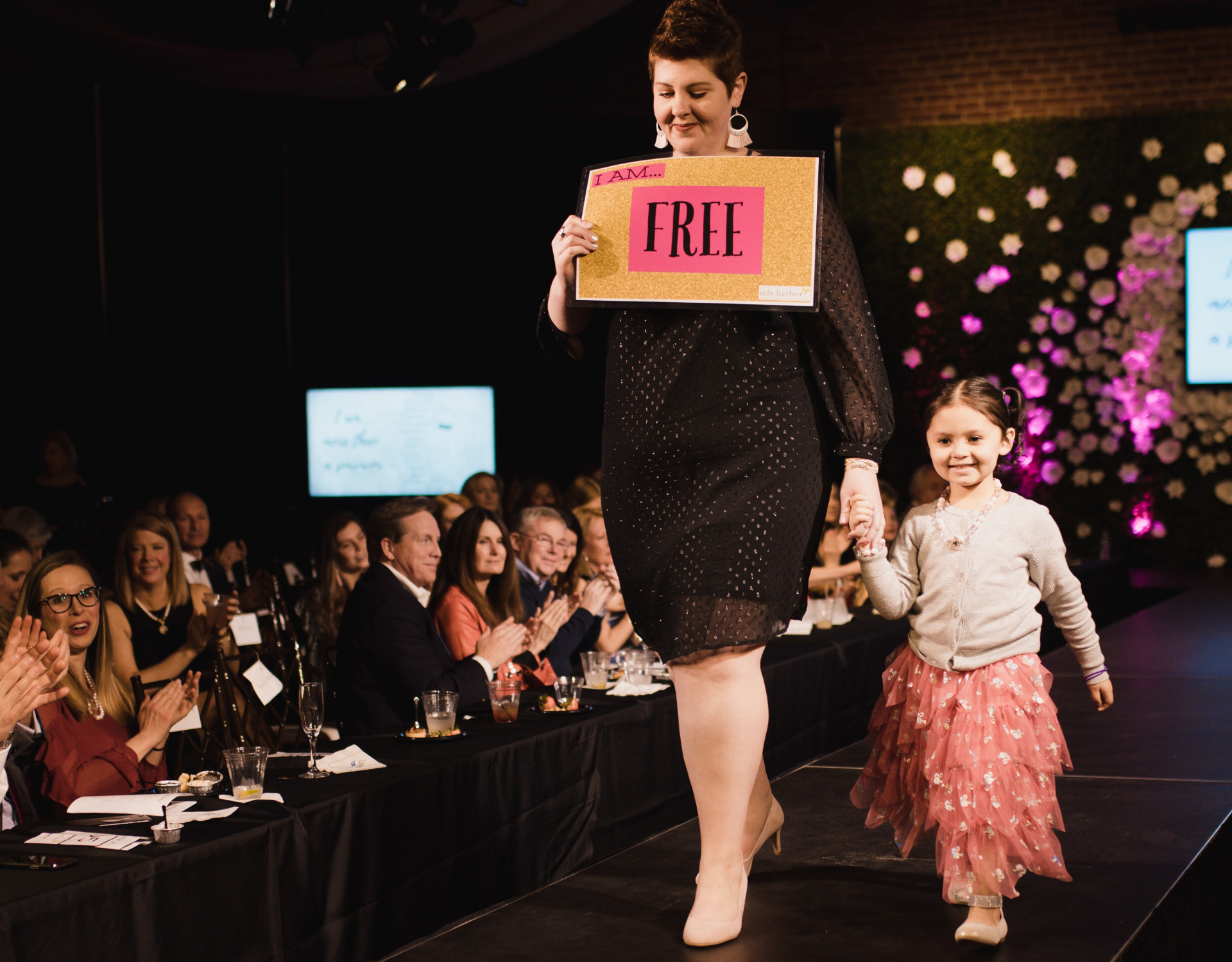“Self-care is an act of self-love.”
While the holiday season is often filled with messages of joy and celebration, this time can bring on additional stress and pose unique challenges for survivors of domestic violence.
Developing a plan for emotional safety can be a great starting point and a helpful form of self-care. Like any other part of healing, establishing emotional safety differs for each person, but it may include things like: determining what triggers can cause you to feel unsafe (certain sights, sounds, smells, memories, events, people, etc.), what feelings arise when you are triggered, what helps you to feel safe (certain people, places, practices, activities, etc.), and what practical things you can do to re-establish safety during moments when you are triggered.
Below, we’ve put together a list of ten self-care tips that can be used during the holidays, as well as other times of year that may feel overwhelming:
- Try something different. New beginnings are often a perfect time to establish new traditions. Embrace the opportunity to explore or do something different. Pizza and PJ’s, a movie night, crafts…the options are endless.
- Reclaim your time. Let go of the hustle and bustle. Take time for you and soothe your soul. Take a hot bath, reconnect with an old friend, sleep in late, snuggle up with a book, bring your favorite cookies to bed or do whatever feels good to you! You deserve it.
- Embrace the place. Change is hard. Life can be unfair. And letting go even when it’s for the best, can be a mixed bag of emotions. Be gentle with yourself. Feel. Remind yourself that you are stronger than the situation. Celebrate the person you’re becoming. You are the gift!
- Put an end to self-criticism. It can be really easy to take up the role of being overly critical of oneself, even if an abuser is no longer around to do this. Self-care can come in the form of embracing our imperfection(s) and refusing to criticize, judge, or beat ourselves up for our thoughts, feelings or behaviors.
- Do something physical and fun. Trauma lives in our bodies at least as much as it lives in our minds. Yoga, dance, running, walking, kick boxing – the activity itself matters less than how it makes you feel. Choose something you can look forward to.
- Breathe. Be still and observe your breath, even if it is just for 5 minutes. There are even apps for your phone that can help like Calm , Stop, Breathe & Think or Headspace. You can also try practicing your favorite relaxation exercise or try a new one (yoga, stretching, meditation, music, deep breathing, etc.). Search YouTube for a guided exercise if that might help you stay focused.
- Do something fun with your kids! This has the added bonus of being self-care for you AND for your children. Play helps children learn, grow, and process their experiences and emotions. Playing together helps to build a connection between you and your child which can make children more resilient. The fun memories you create will also give you something to draw on when parenting (or life) is most stressful.
- Journal without expectations. Write about how you’re feeling, write a letter of gratitude, reflect on a specific situation or event, explore goals for the future, etc.
- Call someone you trust.
- Talk to yourself like you would talk to someone you love.
Lastly, the Safe Harbor crisis-line operates 24 hours a day, including holidays. All calls are confidential and our services are free of charge. If you are experiencing domestic violence or know someone who is experiencing domestic violence, we’re here to help. You can reach us at: 1.800.291.2139.



